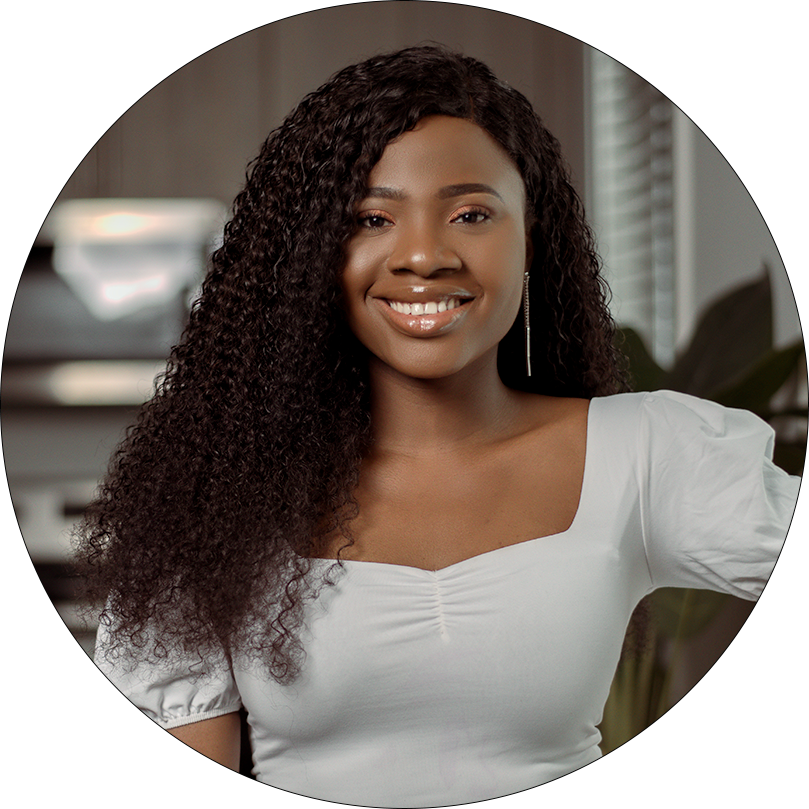
“You can’t change what you don’t know, we came together to tell you what you don’t know, now that you know, what will you do? How will you change this?”
Ava DuVernay
A few months ago, Ava DuVernay created, co-wrote and directed the Netflix drama series called ‘When they see us’. The series went viral and a barrage of emotions were displayed in reaction to its release as deduced from social media.
Personally, I was so angry as I watched the series that the four parts took me two weeks to complete. I had taken a Wrongful Convictions Class at the University of Toronto while studying for my LLM and watching the series took me back to how I felt during this year long period. As part of the wrongful conviction cases discussed in the class, we discussed the case of the five boys depicted in Netflix’s “When they see us”. That whole year was an emotional rollercoaster for me.
Something happened at the end of the school year when we had our last class. Our professor is Métis (Métis are included as one of the Aboriginal peoples of Canada) and at the end of the class she brought a talking stick which we passed around. A talking stick is used in Indigenous cultures as an ancient and powerful communication tool that ensures a code of conduct of respect during meetings is followed. The person holding the stick is the only person that has the right to speak and all others must listen quietly and respectfully. She had asked us to talk about how we felt during the class throughout the year and what went through our minds.
I remember holding the talking stick and speaking about how angry I was throughout the school year. I was angry that there is so much injustice in the world. I was angry about how the justice system I am also a part of is just a facade and doesn’t exactly serve its purpose. I was angry about the fact that the colour of your skin, or the people you know, or the amount of money you have determined if you had access to justice.
Whilst majority of my colleagues may have stopped at feeling angry, I didn’t stop there. I was ready to channel all my anger and frustration into doing something about it. My Professors left me wanting to do more and wanting to make a difference. How I was going to do that, I didn’t know, but there was this heavy burden in my heart to do something about it. I carried on as usual for months and there came an opportunity for me to attend a conference at the University of Texas. I seized this opportunity and wrote a paper titled; “Wrongful Convictions in Nigeria and Canada: A Comparative Analysis of Two Styles of Leadership” which ended up being nominated as one of the best papers written by graduate students who attended the conference.
- During her interview with Oprah, Ava DuVernay said:“You can’t change what you don’t know, we came together to tell you what you don’t know. Now that you know, what will you do? How will you change this?”
This struck me, and the truth is that many people are ignorant about the causes of wrongful convictions. The series “When they see us” identified some of the causes of wrongful convictions and the major factor in that case was race. Those boys were picked on for being coloured.
I have been doing some research on the causes of wrongful convictions using Nigeria as my case study. In a country like Nigeria, racism is not a cause of wrongful convictions which indicates that there are several causes of wrongful convictions. Wrongful conviction is a very serious issue in Nigeria that many are not aware of.
Courses like wrongful convictions are not being taught in our Nigerian law school which is very disturbing. Future lawyers are ignorant of the very issues they ought to resolve. I have decided to start posting stories of people who have been victims of wrongful convictions in Nigeria to educate the public about the causes of wrongful convictions in Nigeria. I have decided to use Nigeria as my case study because I am Nigerian. Enlightening the public about these issues is the first step to solving this issue. It should be noted that although there are different causes of wrongful convictions in different countries there are some fundamental causes that cuts across every country all of which would be discussed in these stories.


0 Comments